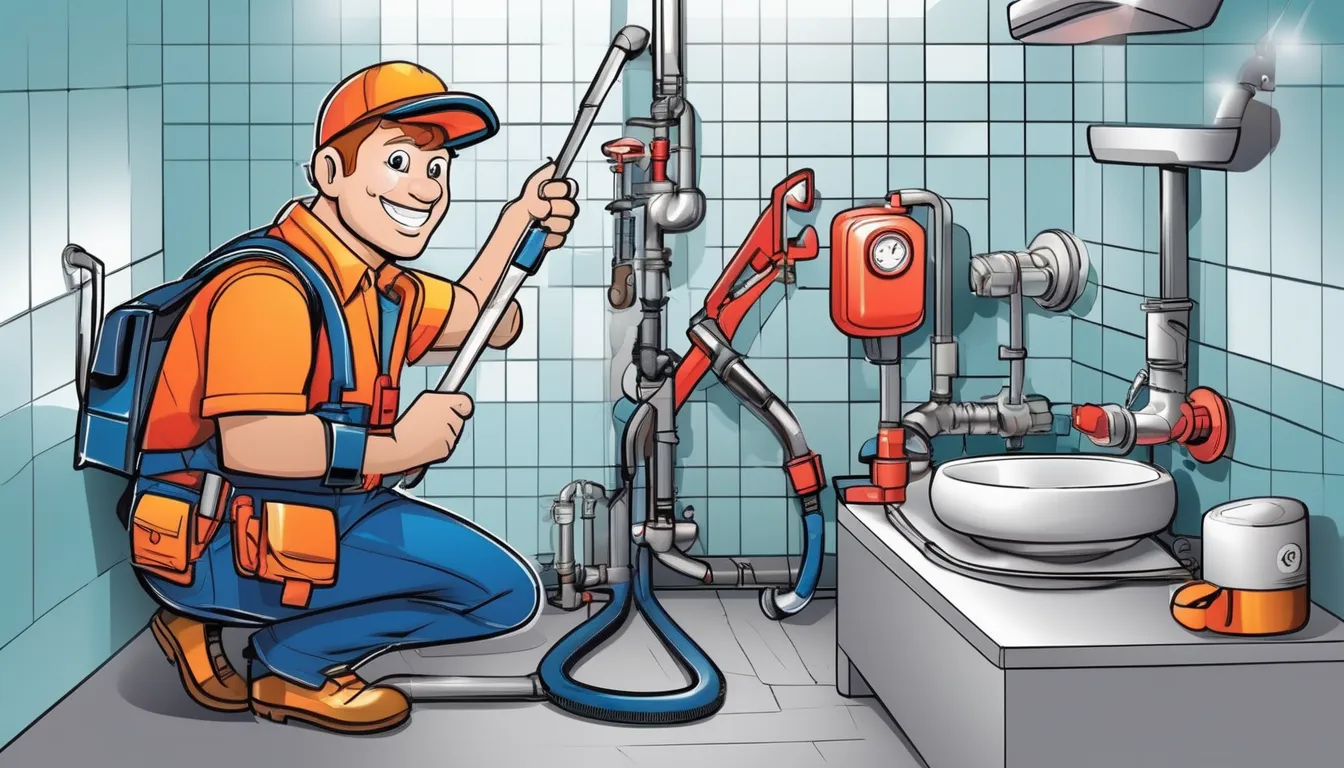
When it comes to your child’s care, you want the best – and that starts with a qualified nanny who meets the highest standards. But what exactly does that mean? You’re probably aware that local laws and regulations govern nanny services, but do you know what specific requirements your nanny should meet? From background checks to CPR certification, and from emergency plans to ongoing monitoring, there are many factors that contribute to a nanny’s qualifications. As you search for the perfect caregiver, it’s essential to understand these standards – but where do you even begin to look?
Understanding Nanny Service Standards
When hiring a nanny, it’s crucial to understand the standards that govern nanny services. These standards vary depending on your location, so you’ll need to research the laws and regulations specific to your area.
In the US, for example, the International Nanny Association has established a set of guidelines for nanny agencies and families to follow.
You’ll want to ensure the nanny you hire meets these standards, particularly when it comes to health and safety. This includes having a background check, being certified in CPR and first aid, and having a plan in place for emergency situations.
You’ll also want to check if the nanny has any allergies or health conditions that could impact their ability to care for your child.
Additionally, you should also consider the nanny’s working conditions and benefits, such as paid time off, holidays, and sick leave.
Understanding these standards will help you provide a safe and supportive environment for your child and ensure you’re treating your nanny fairly. By doing so, you’ll be able to build a positive and trusting relationship with your nanny.
Qualifications and Training Requirements
What makes a nanny qualified to care for your child. When searching for the right nanny, you’ll want to look for certain qualifications and training requirements that ensure your child’s safety and well-being.
Typically, a qualified nanny should have a high school diploma or equivalent, and many may also have a degree in early childhood education or a related field.
In addition to formal education, a nanny should also have relevant work experience, such as caring for children of similar ages to your own.
You may also want to consider a nanny who’s specialized training in areas like first aid, CPR, and child safety. Some nannies may also have certifications like the International Nanny Association‘s (INA) Certified Nanny or the National Child Development Associate (CDA) credential.
These certifications demonstrate a nanny’s commitment to providing high-quality care and their ability to meet industry standards. By looking for these qualifications and training requirements, you can ensure your child receives the best possible care from a qualified and dedicated nanny.
Background Check and Verification
You’ve narrowed down your search to a few qualified nannies with the right education and experience, but before making a final decision, it’s time to take a closer look at their background. A thorough background check and verification process is crucial in ensuring your child’s safety and well-being.
You should request and verify the nanny’s identification documents, such as their driver’s license, passport, or state ID. It’s also essential to check their social security number to confirm their identity and work eligibility.
Additionally, ask for at least three professional references, including their previous employers, and contact them to discuss the nanny’s work performance and any potential red flags.
A reputable nanny agency should also provide you with a comprehensive background check report, including a review of the nanny’s employment history, education, and any potential criminal activity.
Review the report carefully and ask questions if you notice any discrepancies. By taking the time to thoroughly vet your nanny’s background, you can have peace of mind knowing that your child is in good hands.
Safety Protocols and Procedures
Four key areas of safety protocols and procedures should be discussed with your potential nanny: emergency preparedness, health and hygiene, household safety, and child-specific safety.
When discussing emergency preparedness, you should ask your nanny about their first aid training and what they’d do in case of a fire, earthquake, or other disasters. They should also know the emergency contact numbers and the location of the first aid kit.
Regarding health and hygiene, you should ask about their handwashing habits, how they’d handle a sick child, and what they’d do to prevent the spread of illnesses.
Household safety is also crucial, and you should ask about their knowledge of electrical safety, poisoning prevention, and fall prevention.
Lastly, child-specific safety is vital, especially if your child has specific needs or allergies. You should ask about their experience with allergies, and how they’d handle a child’s medical emergency.
Ongoing Monitoring and Support
As you move forward with hiring a nanny, it’s essential to have a plan in place for ongoing monitoring and support to ensure your child’s continued well-being.
You should establish regular check-ins with your nanny to discuss your child’s daily activities, meals, and any issues that may have arisen. This can be done through daily or weekly reports, which can help you stay in https://karensnannyagency.com/ med and address any concerns you may have.
You should also consider setting up a communication system, such as a shared online calendar or messaging app, to keep track of your child’s schedule and any changes that may occur. This will help you stay connected with your nanny and ensure that your child’s needs are being met.
Additionally, consider conducting regular performance evaluations with your nanny to assess their performance and provide feedback. This will help you identify areas for improvement and ensure that your nanny is meeting the high standards you’ve set for your child’s care.
Conclusion
You’ve taken the first step in prioritizing your child’s safety by understanding nanny service standards. By hiring a qualified nanny with relevant experience, training, and background verification, you’re ensuring a safer environment for your child. Remember to establish safety protocols and procedures, and schedule regular check-ins and performance evaluations to maintain accountability and guarantee your child’s well-being. This way, you’ll have peace of mind knowing your child is in good hands.



